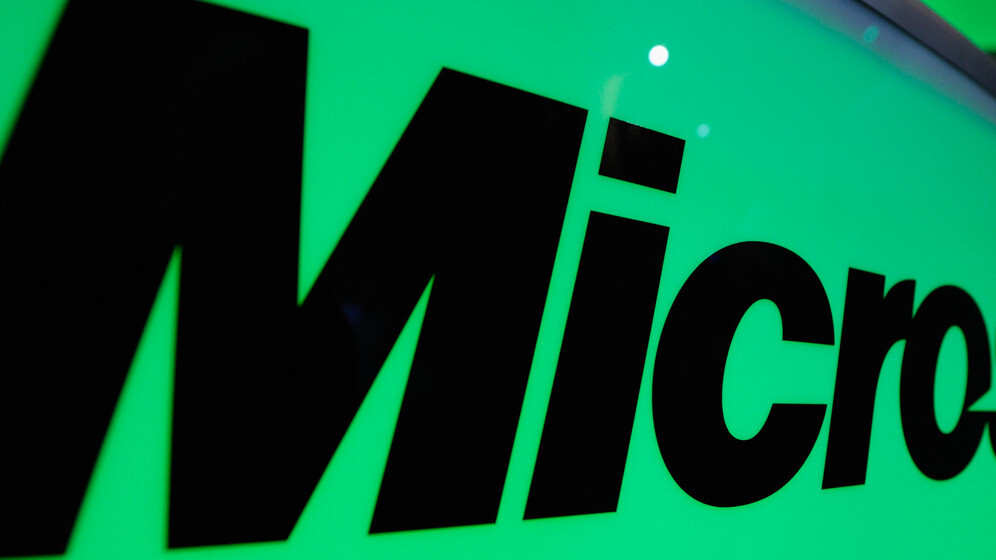
The European Commission has just announced that it has fined Microsoft €561 million ($731 million) for failing to comply with an earlier commitment to offer a ‘browser ballot’ screen for Windows users, offering them a choice of the browser they install within the European Union.
The Commission found that Microsoft failed to roll out the browser choice screen with Windows 7 Service Pack 1 from May 2011 until July 2012. The Commission says that this means that 15 million Windows users in the EU did not see the choice screen during this period. Microsoft has acknowledged this situation.
Microsoft received a formal complaint from the European Commission in October last year. It had originally committed to make a browser ballot screen available for five years (ending in 2014), allowing users to choose “in an informed and unbiased manner which web browser(s) they wanted to install in addition to, or instead of, Microsoft’s web browser.” This followed EU investigations into Internet Explorer’s dominance in the browser market.
The Commission’s announcement today adds that the browser ballot has been successful and that 84 million browsers were downloaded through it between its launch in February 2010 and November 2010. It notes that this is the first time that the Commission has had to fine a company for non-compliance and that the “the gravity and duration of the infringement” were considered when calculating the fine.
“A failure to comply is a very serious infringement that must be sanctioned accordingly,” Commission Vice President in charge of competition policy Joaquín Almunia says in the announcement.
We’ve contacted Microsoft for their comment on the matter and will update if we receive one.
Update: Microsoft says that it will not challenge the Commission’s ruling, attributing the problem to a technical error:
“We take full responsibility for the technical error that caused this problem and have apologized for it. We provided the Commission with a complete and candid assessment of the situation, and we have taken steps to strengthen our software development and other processes to help avoid this mistake – or anything similar – in the future.”
Image credit: Kevork Djsezian / Getty Images
Get the TNW newsletter
Get the most important tech news in your inbox each week.




